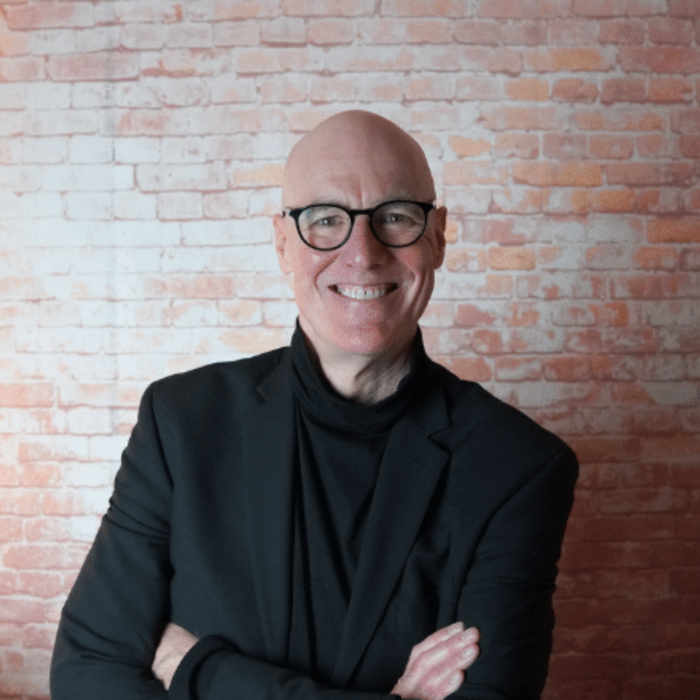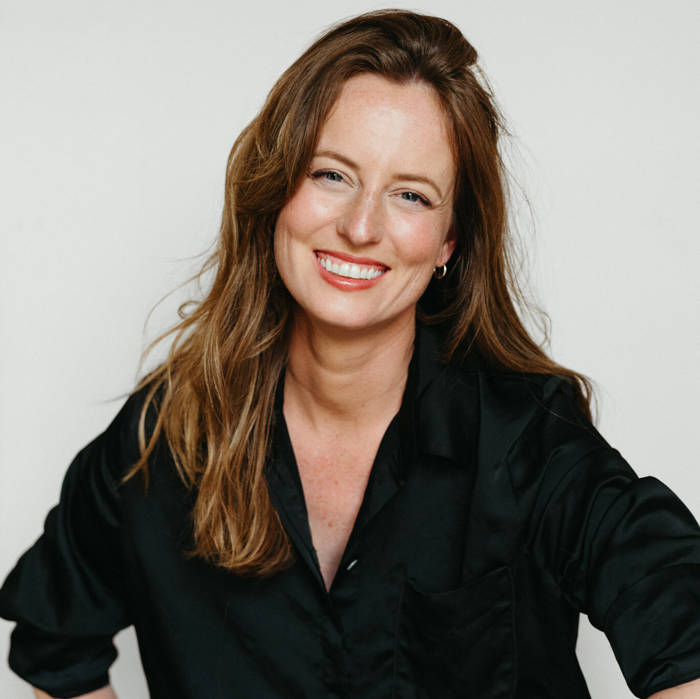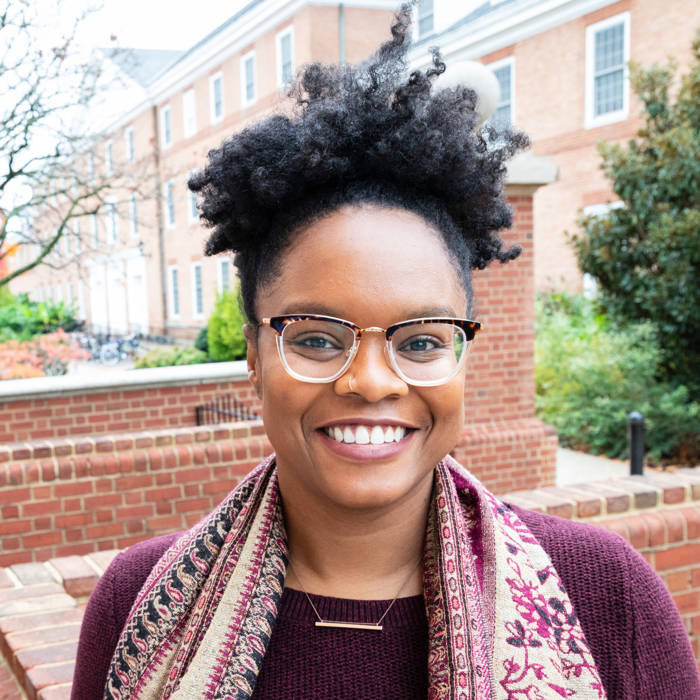Universal Design for Voice Teaching (UDVT)
Tuesday 18th June 2024, 5:00 PM - 7:00 PM (London Time)
The Singer Cues!
Universal Design for Voice Teaching (UDVT) is a singer-led, diversity-affirming, accessibility and support-needs based pedagogical framework.
It is a structure designed to help voice educators intentionally facilitate inclusive learning spaces for singers of all abilities.
Questions to consider:
- “What is your perception of disability?”
- “What do you understand about neurodivergence?
- “Are you currently upholding pedagogical biases?”
- “Can you adjust the ways you engage with different learners?”
- “Are you aware?”
- “Are you supported?”
- “Are you equipped?”
UDVT fosters awareness, support, and readiness for educators working with singers of all abilities. It is an expansion of the Universal Design for Learning (UDL) guidelines, developed by the Center for Applied Special Technology (CAST) where their aim is to transform educational design “until learning has no limits.”
This course will introduce UDVT basics as we discuss its scope and structure. We will unpack three major networks active and necessary in the learning process:
- Engagement (a singer’s “why”)
- Representation (a singer’s “what”)
- Action and Expression (a singer’s “how”)
Engagement - umbrellas the “why” of learning to internalize each singer’s purpose and motivation.
Representation - umbrellas the “what” of learning to promote each singer’s resourcefulness and knowledge.
Action and Expression - umbrellas the “how” of learning to support each singer’s strategy and goal-direction.
You’ll finish this course with a clear understanding of the UDL guidelines, intersecting models of disability, singer support-needs, The Singer Cues, as well as clear actions to create more inclusive and accessible voice practices and spaces.
UDVT invites singers with all ways of being to access technical and artistic success within the voice studio and beyond!
Let’s make it UDVT!
Adam J Moxness
Adam is an Instructor of Theatre and Music Theatre Voice in the Conservatory for the Performing Arts at Viterbo University.

Attend this course for as little as £22 as part of the Voice Professional Training CPD Award Scheme.
Learn MoreSorry, this is an archived short course...
We have plenty of upcoming short courses coming soon. See details of some of them below or look at the full list of short courses.

Tuesday 22nd July 2025
5:00 PM - 7:00 PM
Tuesday 29th July 2025
5:00 PM - 7:00 PM
Tuesday 5th August 2025
5:00 PM - 7:00 PM
Tuesday 12th August 2025
5:00 PM - 7:00 PM
Tuesday 19th August 2025
5:00 PM - 7:00 PM
Tuesday 26th August 2025
5:00 PM - 7:00 PM
(London Time)
Certificated Public Speaking Coach qualification - with John Henny

John Henny
Would you like to be a certified public speaking coach? Join the renowned John Henny for this exciting new online course! This six-week online certification course is designed to equip voice teachers with the specialised skills needed to work with public speakers, corporate trainers, educators, and presenters. Unlike a general public speaking course, this program is specifically tailored to train-the-trainer, giving voice professionals structured methodologies, coaching techniques, and applied skills to enhance vocal delivery, confidence, and influence in professional speakers.

Thursday 24th July 2025
5:00 PM - 6:00 PM
(London Time)
Transitioning From Soprano To Mezzo-Soprano - Pedagogical Approaches!

Dr Caitlin Moore
This workshop will explore the considerations for transitioning from soprano to mezzo-soprano. We will examine the history and vocal science related to voice classification as well as interviews with singers and voice teachers. Interviews feature singers who have experienced this Fach change themselves, as well as voice teachers who have helped singers navigate this shift.


Tuesday 29th July 2025
5:00 PM - 7:00 PM
(London Time)
Towards a Jazz Pedagogy: Lessons from Legends and Educators!

Dr Autumn Griffin
Join Dr Autumn Griffin as she explores the foundational tenets of jazz pedagogy as both a conceptual and practical framework for teaching, in this two-hour workshop. Drawing from her research in “Towards a Jazz Pedagogy: Learning with and from Jazz Greats and Great Educators,” she’ll investigate how jazz (its historical and cultural legacy, structure, improvisation, and relationality) can be mobilized to inform dynamic, liberatory educational practice!
